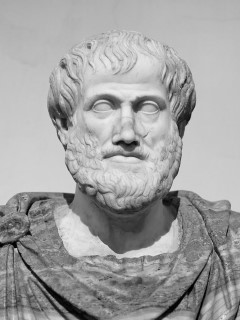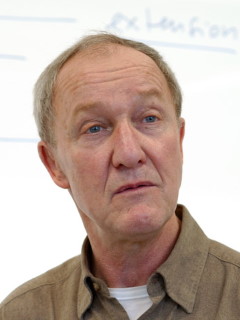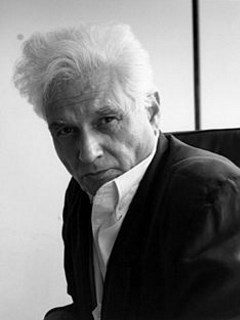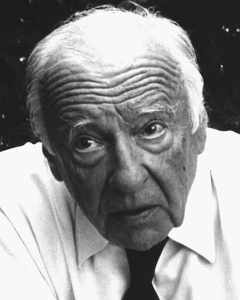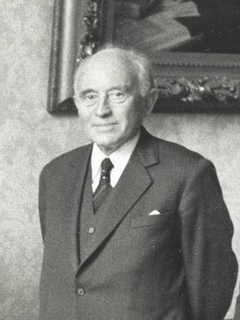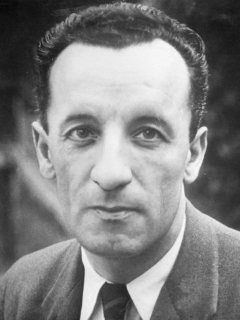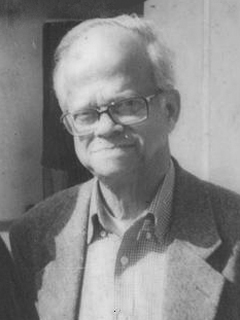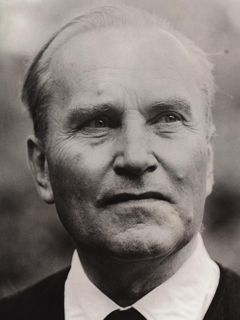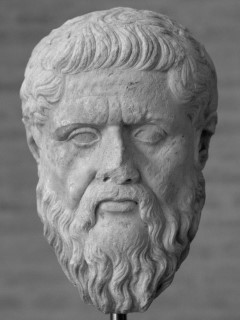Burt C. Hopkins
with Drummond, J. (eds) (2023). The New Yearbook for Phenomenology and Phenomenological Philosophy 20 (Special Issue).
with de Santis, D. , Majolino, C. (eds) (2021). Routledge handbook of phenomenology and phenomenological philosophy. London: Routledge.
with de Santis, D. , Majolino, C. (eds) (2020). The Routledge handbook of phenomenology and phenomenological philosophy. London-New York: Routledge.
(2019). Dallas Willard's contribution to phenomenology. Husserl Studies, 35 (2), 117-130. https://doi.org/10.1007/s10743-018-9234-7.
with McKenna, W.R. (2019). Two North American phenomenological journals: "Husserl studies" and "The new yearbook for phenomenology and phenomenological philosophy". In M. B. Ferri, & C. Ierna (Eds.). The reception of Husserlian phenomenology in North America (pp. 337-341). Dordrecht: Springer.
with Mickunas, A. (2019). History of the Husserl circle. In M. B. Ferri, & C. Ierna (Eds.). The reception of Husserlian phenomenology in North America (pp. 261-266). Dordrecht: Springer.
(2017). Husserl and Jacob Klein. In S. Centrone (Ed.). Essays on Husserl's logic and philosophy of mathematics (pp. 461-484). Dordrecht: Springer.
(2015). Nostalgia and phenomenon: Husserl and Patočka on the end of the ancient cosmos. In L. Učník, I. Chvatík, & A. Williams (Eds.). The phenomenological critique of mathematisation and the question of responsibility (pp. 57-78). Dordrecht: Springer.
(2011). Deformalization and phenomenon in Husserl and Heidegger. In F. Schalow (Ed.). Heidegger, translation, and the task of thinking (pp. 49-69). Dordrecht: Springer.
(2011). Patočka's phenomenological appropriation of Plato. In E. Abrams, & I. Chvatík (Eds.). Jan Patočka and the heritage of phenomenology (pp. 39-53). Dordrecht: Springer.
(2011). The philosophical achievement of Jacob Klein. The New Yearbook for Phenomenology and Phenomenological Philosophy, 11, 282-296.
(2009). Signification et vérité dans les écrits philosophico-mathématiques de Jacob Klein. Methodos, 9, n/a. https://doi.org/10.4000/methodos.2170.
(2008). On the origin of the "language" of formal mathematics. In F. Mattens (Ed.). Meaning and language (pp. 149-168). Dordrecht: Springer.
(2006). Husserl's psychologism, and critique of psychologism, revisited. Husserl Studies, 22 (2), 91-119. https://doi.org/10.1007/s10743-006-9008-5.
(2004). Jacob Klein on François Vieta's establishment of algebra as the general analytical art. Graduate Faculty Philosophy Journal, 25 (2), 51-85. https://doi.org/10.5840/gfpj20042527.
(2003). Crisis, history, and Husserl's phenomenological project of desedimenting the formalization of meaning: Jacob Klein's contribution. Graduate Faculty Philosophy Journal, 24 (1), 75-102. https://doi.org/10.5840/gfpj200324110.
(2003). The "origin" of metaphysical thinking and the so-called "metaphysics of presence": Boeder's contest with Heidegger. The New Yearbook for Phenomenology and Phenomenological Philosophy, 3, 225-239.
with Klein, J. (2003). Aristotle (I). The New Yearbook for Phenomenology and Phenomenological Philosophy, 3, 295-313.
(2002). Authentic and symbolic numbers in Husserl's philosophy of arithmetic. The New Yearbook for Phenomenology and Phenomenological Philosophy, 2, 39-71.
(2002). Six theses of transcendental phenomenology and their elaboration. Alter: Revue de phénoménologie, 10, 303-313.
(2001). The Husserl-Heidegger confrontation and the essential possibility of phenomenology: Edmund Husserl, psychological and transcendental phenomenology and the confrontation with Heidegger. Husserl Studies, 17 (2), 125-148. https://doi.org/10.1023/A:1010771906591.
(2001). Generativity and the problem of historicism: remarks on Steinbock's Home and beyond. The New Yearbook for Phenomenology and Phenomenological Philosophy, 1, 377-389.
(2001). Jacob Klein and the phenomenology of history Part I. The New Yearbook for Phenomenology and Phenomenological Philosophy, 1, 67-110.
(1999). The subject in phenomenology and analytic (jungian) psychology. In B. C. Hopkins (Ed.). Phenomenology (pp. 59-80). Dordrecht: Springer.
(ed) (1999). Phenomenology: japanese and american perspectives. Dordrecht: Springer.
(1997). E. Fink, Sixth cartesian meditation [Review of the book Sixth Cartesian meditation, by E. Fink]. Husserl Studies 14 (1), 61-74.
(1997). Introduction. In B. C. Hopkins (Ed.). Husserl in contemporary context (pp. 1-9). Dordrecht: Springer.
(1997). Phenomenological cognition of the a priori: Husserl's method of "seeing essences" (Wesenserschauung). In B. C. Hopkins (Ed.). Husserl in contemporary context (pp. 151-178). Dordrecht: Springer.
(ed) (1997). Husserl in contemporary context: prospects and projects for phenomenology. Dordrecht: Springer.
(1996). Transcendental ontologism and Derrida's reading of Husserl: The prospect of dialogical mediation in the dispute between Husserlians and Derridians. Philosophy Today, 40 (1), 71-79.
(1995). Husserl and Derrida on the origin of geometry. In J. C. Evans (Ed.). Derrida and phenomenology (pp. 61-93). Dordrecht: Springer.
(1993). Intentionality in Husserl and Heidegger: the problem of the original method and phenomenon of phenomenology. Dordrecht: Springer.
(1993). The eidetic structure of subjectless, egoless, and selfless transcendental reflection. In P. Blosser, E. Shimomissé, L. Embree, & H. Kojima (Eds.). Japanese and Western phenomenology (pp. 69-80). Dordrecht: Springer.
(1991). On the paradoxical inception and motivation of transcendental philosophy in Plato and Husserl. Man and World, 24 (1), 27-47. https://doi.org/10.1007/BF01248844.
(1991). Phenomenological self-critique of its descriptive method. Husserl Studies, 8 (2), 129-150. https://doi.org/10.1007/BF00123538.
(1989). Husserl's account of phenomenological reflection and 4 paradoxes of reflexivity. Research in Phenomenology, 19, 180-194.
(1985). Derrida's reading of Husserl in speech and phenomena: ontologism and the metaphysics of presence. Husserl Studies, 2 (2), 193-214. https://doi.org/10.1007/BF00376808.


